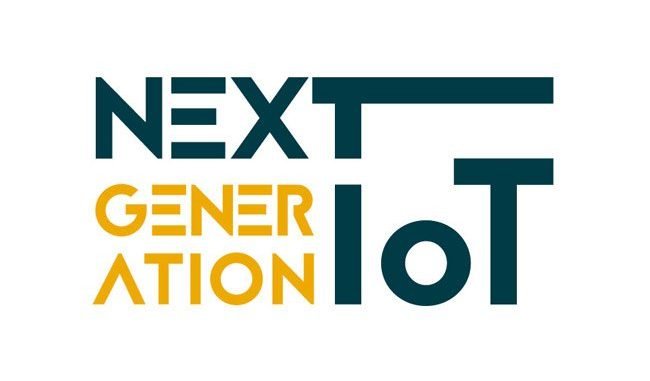This webinar continues and deepens the discussions on IoT and Edge Computing that were kickstarted during the webinar IoT and Edge Computing: Future Trends of 11 September 2020 organised by the Horizon 2020 Coordination and Support Action NGIoT, DG Connect, European Commission and AIoTI. The event is co-hosted with Artemis.
You may also like
In this webinar, Nicolas Ferry and Hui Song will discuss about DevOps for IoT, and how the ENACT project proposes to contribute […]
The recent European Data Strategy and the White Paper on Artificial Intelligence published by the European Commission received a high degree of […]
This workshop on Health and Care is part of a thematic workshop series on IoT and Edge computing, organised by NGIoT, the […]
This paper characterises the latest reporting on European and global initiatives to harness IoT in the prevention, diagnosis and treatment of COVID-19. […]

